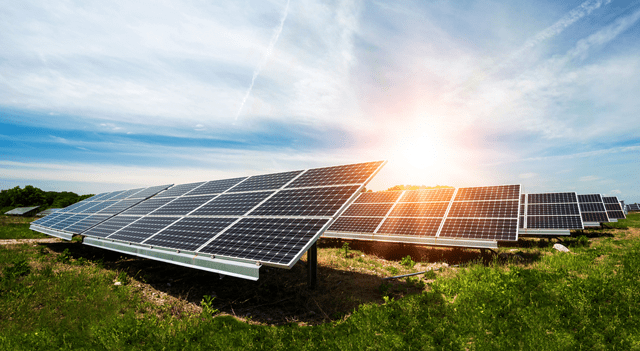Enphase Energy (NASDAQ:ENPH) shares dropped nearly 7% in premarket trading Wednesday after the company issued third-quarter revenue guidance that disappointed investors and raised caution about the impact of new U.S. tariffs on its margins.
The solar technology firm warned that recently finalized import duties on solar cells from Southeast Asia would pressure profitability. The U.S. imposed these tariffs in response to allegations that producers from the region were undercutting domestic suppliers with unfairly priced imports.
Enphase noted that its gross margin took a 2% hit from these levies in the second quarter. Although tensions between the U.S. and China have eased somewhat—providing partial relief in the current quarter—the company expects further margin pressure due to heightened tariffs on “several non-China countries” starting August 1. These, it estimates, will result in a 3% to 5% drag on gross margin.
CEO Badri Kothandaraman addressed these developments during the post-earnings conference call, telling investors that the company is actively working to diversify its manufacturing footprint to reduce exposure. He stated that Enphase is “future-proofing our operations.”
Despite the tariff-related headwinds, Enphase beat expectations in Q2. The company reported adjusted earnings per share of $0.69, topping Wall Street’s forecast of $0.64. Revenue came in at $363.2 million—slightly ahead of the consensus estimate of $361.9 million—and marked a 19.7% year-over-year increase.
Looking ahead, Enphase projected third-quarter revenue in the range of $330 million to $370 million. The midpoint of that guidance, however, falls just short of analysts’ expectations of $368.4 million.
BMO Capital Markets analysts issued a cautious note, highlighting broader challenges for the sector. They warned that the business climate for Enphase remains clouded, especially as policy changes out of Washington could disrupt key incentives. A recently passed U.S. spending package significantly cuts back on access to the 30% renewable energy tax credit—initially planned to run through 2032—which the analysts described as a cornerstone support for solar and wind projects.
This content is for informational purposes only and does not constitute financial, investment, or other professional advice. It should not be considered a recommendation to buy or sell any securities or financial instruments. All investments involve risk, including the potential loss of principal. Past performance is not indicative of future results. You should conduct your own research and consult with a qualified financial advisor before making any investment decisions.
